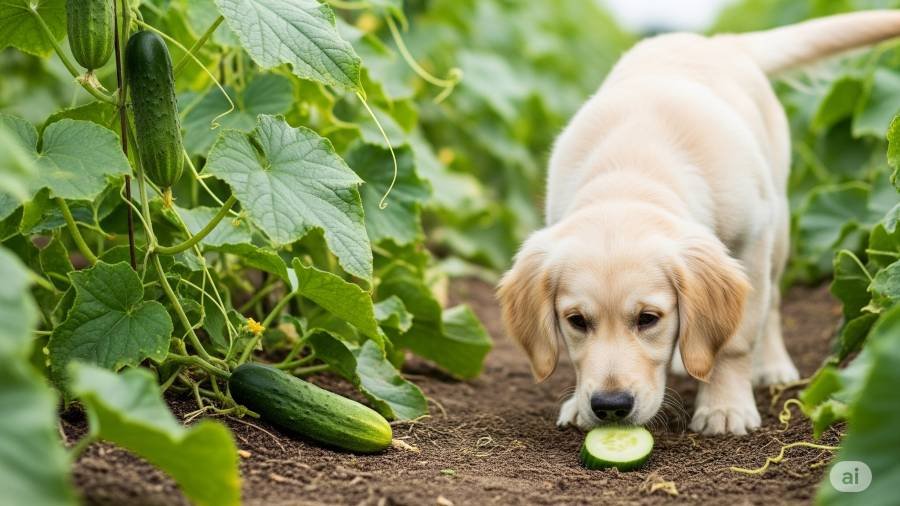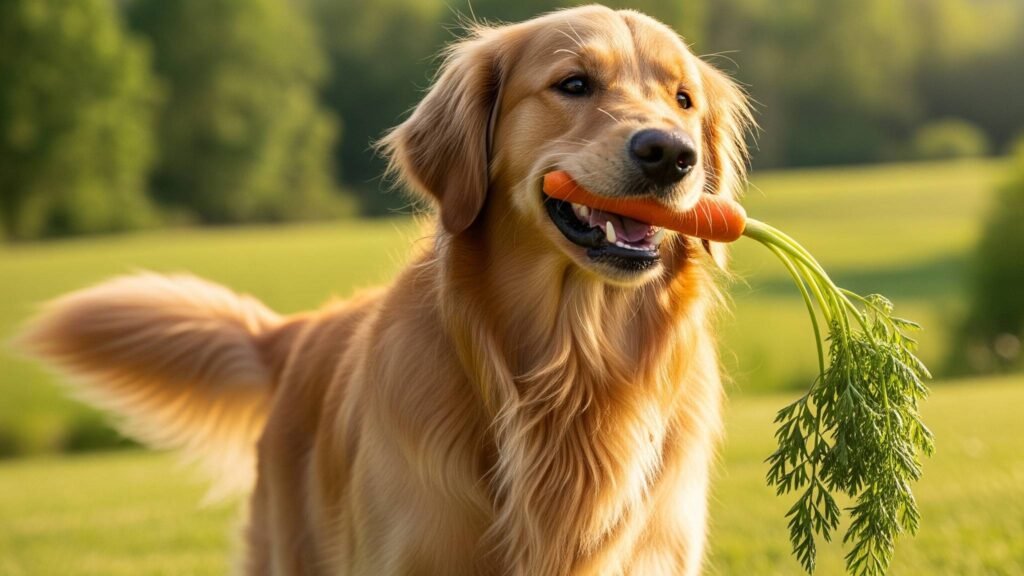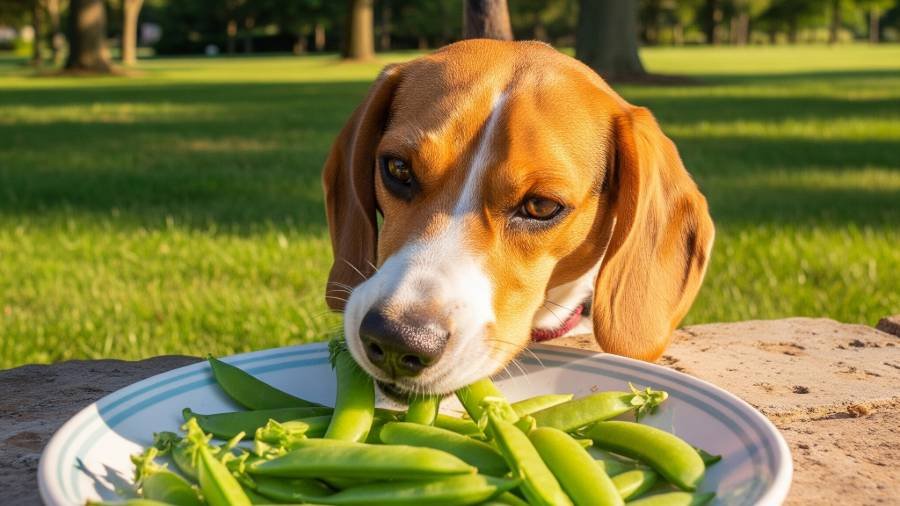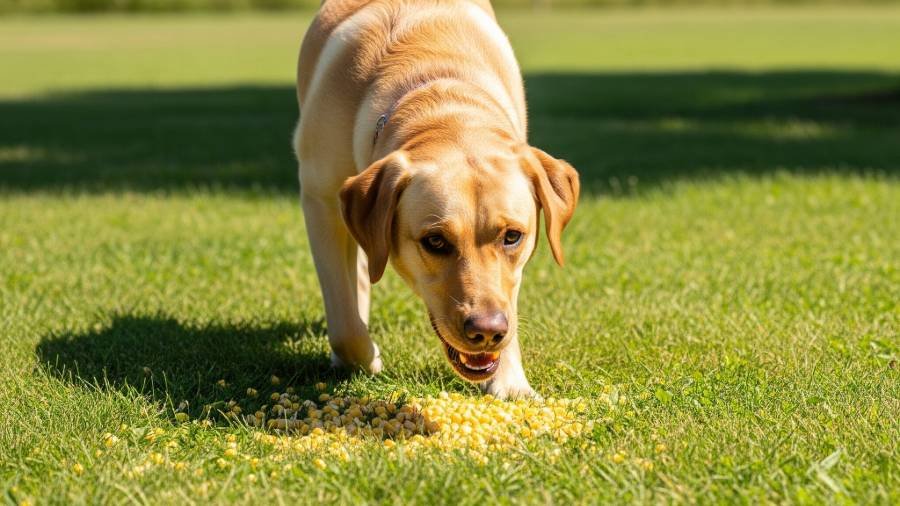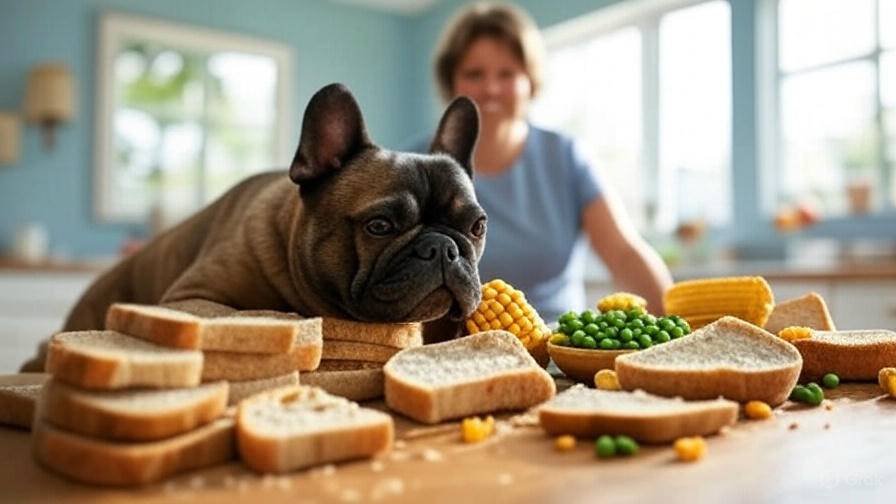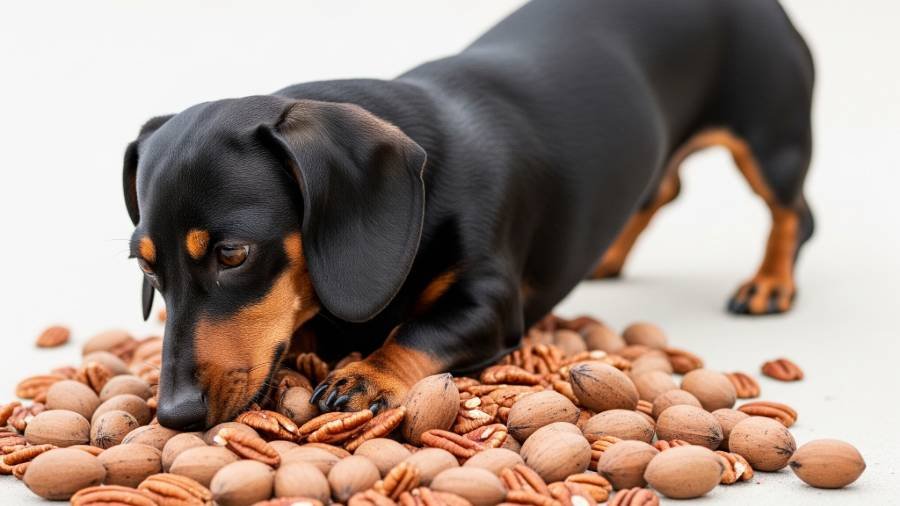Dogs can eat cat food occasionally without immediate harm, but it is not ideal for their long-term health as it is formulated to meet the nutritional requirements for your dog’s feline counterparts rather than dogs.
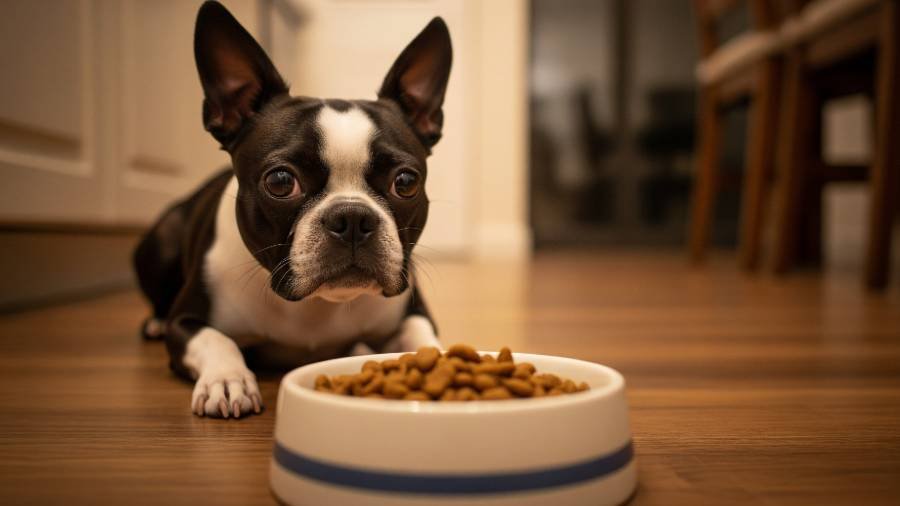
Potential Benefits of Cat Food for Dogs
When dogs cat food is consumed in small amounts, it may offer limited advantages, though these are not tailored to a dog’s needs:
- High Protein: Cat food often contains elevated protein and fat levels, providing a quick energy boost for adult dogs with high activity levels.
- Amino Acids: The inclusion of taurine and other amino acids can support muscle maintenance, though dogs naturally produce taurine unlike cats.
- Vitamins and Minerals: Some formulations include essential nutrients that might temporarily supplement a dog’s diet, offering a short-term nutritional lift.
- Palatability: The strong aroma and taste of cat food can appeal to dogs, making it an occasional treat if no better options are available.
These benefits are minimal and not a substitute when you feed cat food to your dog as a regular meal, as it lacks the balanced diet suited for dogs. For more on safe protein sources, explore can dogs eat turkey.
Risks and Dangers of Cat Food for Dogs
While cat food isn’t inherently toxic, regular consumption poses several risks that can affect dogs’ health:
- Nutritional Imbalance: Cat food is designed for cats and dogs are omnivores, leading to an excess of protein and fat that can strain a dog’s kidneys or liver over time.
- Weight Gain: The high protein and fat content can cause obesity if a dog eats too much cat food, particularly in less active adult dogs.
- Gastrointestinal Upset: Sudden shifts to cat food may result in vomiting, diarrhea, or discomfort due to differing digestive needs.
- Health Issues: Long-term reliance can lead to deficiencies in nutrients dogs require more of, like certain vitamins and minerals, or an overload of others.
- Pancreatitis Risk: The high fat levels increase the likelihood of pancreatitis, a serious inflammation of the pancreas, especially in sensitive breeds.
- Allergic Reactions: Some dogs may develop allergies to ingredients common in cat food, such as fish or specific proteins, causing skin or digestive issues.
How to Safely Feed Cat Food to Dogs
To minimize risks if you must feed cat food to your dog, follow these guidelines:
- Limit to Small Portions: Offer only a tiny amount (e.g., a tablespoon for small dogs, up to a quarter cup for larger breeds) as a one-time treat, not a staple.
- Check Ingredients: Ensure the cat food lacks toxic additives like onions or garlic, which are harmful to dogs, though rare in quality formulations.
- Avoid Regular Feeding: Use dog-specific food as the primary diet to meet nutritional requirements for your dog, reserving cat food for emergencies.
- Monitor Reactions: Watch for signs of gastrointestinal upset or allergies after feeding, and discontinue if issues arise within 24-48 hours.
- Consult a Vet: Seek veterinary advice before allowing regular access, especially for dogs with health issues or those prone to weight gain.
- Secure Cat Food: Prevent your dog from eating cat food by storing it out of reach, as dogs often steal from cats and dogs sharing spaces.
Signs of Cat Food-Related Issues
If a dog eats cat food excessively or reacts poorly, look for these warning signs:
- Vomiting, diarrhea, or reduced appetite (possible gastrointestinal upset)
- Lethargy, tremors, or weight gain (indicators of nutritional imbalance or pancreatitis)
- Excessive scratching or ear infections (rare allergic reactions)
- Abdominal pain or bloating (fat overload or digestive strain)
- Increased thirst or urination (potential kidney stress)
If these signs appear, stop feeding cat food and contact a veterinarian immediately. Severe cases may require urgent care.
Expert Opinions
Veterinary experts, including the American Kennel Club (AKC) and the Pet Poison Helpline, advise against regularly feeding dogs cat food, noting its high protein and fat content is tailored for cats’ carnivorous needs, not dogs’ omnivorous requirements.
They suggest it’s acceptable in emergencies but recommend consulting a vet for dietary adjustments. For more on safe foods, check what vegetables can dogs eat.
Additional Considerations
- Health Conditions: Dogs with kidney disease, pancreatitis, or obesity should avoid cat food. Consult a vet first.
- Puppies: Young dogs need balanced nutrition for growth, making cat food unsuitable long-term.
- Dog Preferences: Some dogs may prefer cat food’s taste, but this doesn’t mean it’s healthy. Try can dogs eat carrots instead.
- Storage: Keep cat food inaccessible to prevent theft, as dogs often scavenge from cats and dogs cohabiting.
- Temporary Use: Use cat food only if dog food is unavailable, transitioning back quickly to prevent health issues.
Safe Treat Alternatives
Instead of cat food, consider these safe-for-dogs treats, tailored to enhance a dog’s diet:
- Cooked Turkey: Plain, unseasoned turkey bits provide lean protein
- Cooked Pumpkin: A teaspoon of plain pumpkin aids digestion.
- Carrots: Small, raw carrot sticks support dental health.
- Plain Greek Yogurt: A small spoonful of unsweetened Greek yogurt boosts gut health.
Introduce new treats gradually, monitor for reactions, and consult a vet to ensure a balanced diet.
Dogs can eat cat food occasionally without immediate harm, but it’s not suitable as a regular diet due to its high protein and fat content, which can lead to weight gain, gastrointestinal upset, or health issues if a dog eats too much cat food over time.
Risks from nutritional imbalances and potential allergies require limiting intake to small portions and preventing regular access, while a balanced diet formulated for dogs remains essential.
Puppies or dogs with conditions like pancreatitis should avoid cat food unless approved by a vet. Always consult a veterinarian before allowing your dog to eat cat food, and opt for safe treat alternatives to meet their nutritional requirements.
For more on canine nutrition, explore can dogs eat sardines or what fruits can dogs eat.
For additional questions about what dogs can eat or dietary concerns, feel free to ask!

